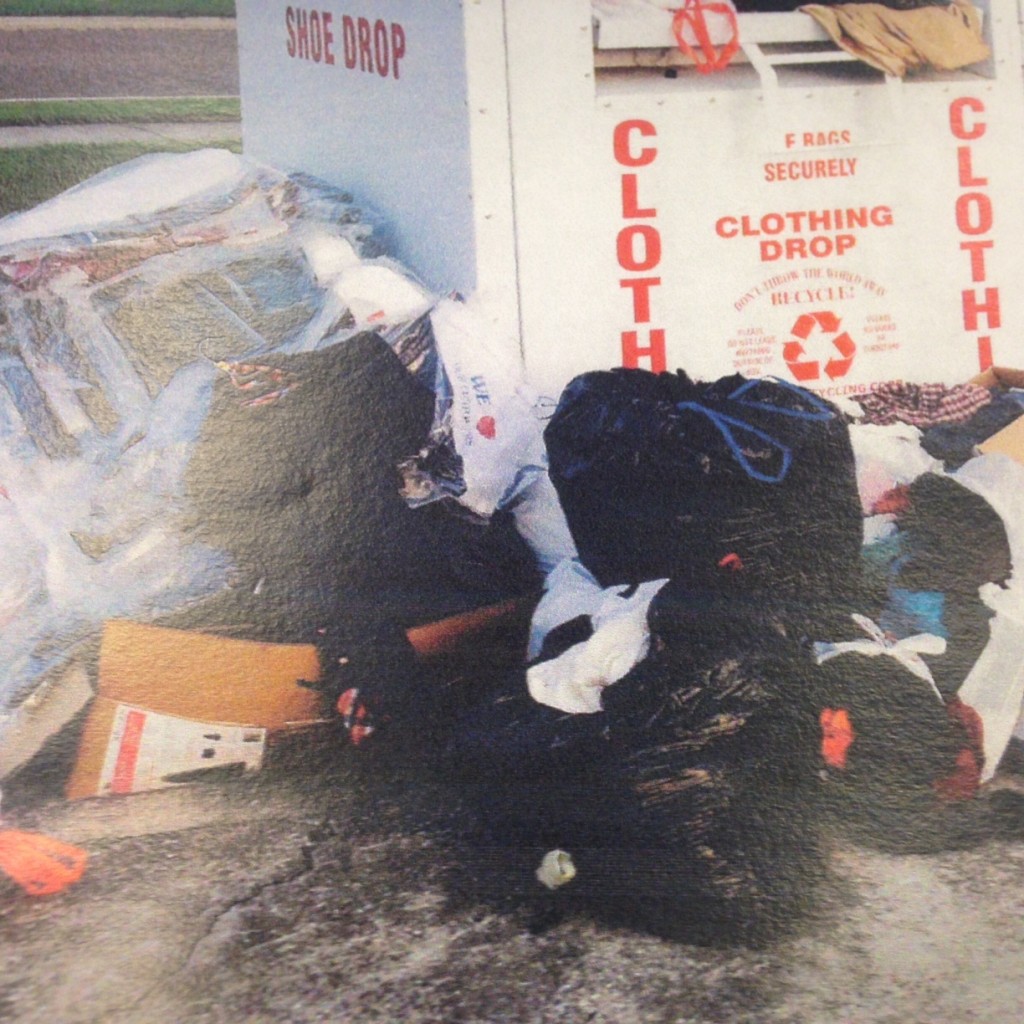
A Jacksonville City Council subcommittee took on the recurring issue of blight from donation bins for nonprofits, thrift stores, and such on Thursday.
Last spring, the former Blight Committee struggled with the issue. A bill was passed prohibiting them, and then a lawsuit was filed by a company called Go Green on “free speech” grounds, occasioning a settlement agreement, then a repeal of that ordinance.
The bins, often in lower-income areas, often brim with donations, with more contributions beside it.
“If that doesn’t constitute blight I don’t know what does,” said John Crescimbeni.
The committee reviewed legislation in other jurisdictions that handle them differently. Miami, for example, bans the bins.
Go Green plans to challenge the Miami ordinance because they also do business there, said a representative.
Some cities, such as Homestead, require permits. There also are buffer requirements there, with landscaping, and restrictions such as one bin per parcel of land. Plant City requires permanent fixture of bins. Orlando, meanwhile, requires a permit fee, and bans bins on unoccupied property.
The local Go Green rep noted that some people in this market do put bins on unoccupied property without permission, though it is not company policy.
This didn’t sit well with Crescimbeni, unsurprisingly.
Crescimbeni, clearly preparing for renewed legislation on this front, would want verification of permission in writing from property owners.
Bill Gulliford noted the importance of “self-policing” to avoid blight, which seemed to be agreeable to the donation bin company reps in the conference room.
One pressure in the industry: “cold dropping,” which involves people dropping a bin in an available spot without permission. That allows some rogue operators to collect for free, which does not sit well with the companies on hand.
Gulliford noted that a permit process would help to mitigate that. Any fees collected, he said, should be earmarked for enforcement.
Wooden bins, which cost about $300 per unit to support, are essentially an absorbed cost in the business model.
A draft ordinance may come out of this for the NICE committee to mull, including permitting, but allowing for profit operators. Gulliford wanted the permit to include written permission from the property owner.
Annual renewal fees and registration stickers would likely also be in the mix. Hard caps of how many bins a company could have in the city likely could be part of the discussion. Requiring anchoring of bins, likewise, could be discussed going forward. And code enforcement could be used to remove rogue bins. Restriction of bin placement to commercial zoning bins, likewise, could be an issue, with religious exemptions and exemptions for nonprofits.
Crescimbeni would like these to be out of public view, “so it doesn’t look like a damned dumpster.” Screening could be an option.
A potential objection: if no one sees it, how do they know it’s there?
A 25-square-foot footprint, and a metal container, were Crescimbeni’s preferences.
A 6-foot height requirement was another proposal by Crescimbeni. However, Gulliford noted that “Nikita Khrushchev here is fixated on 6 feet,” but that isn’t necessarily consensus.
Crescimbeni also got the best joke of the meeting: “when Tommy [Hazouri] cleans out his closet, he throws away skeletons.”
These skeletons likely would not be allowed in the bins, as the seeming subcommittee consensus was restricting material to textiles, with about half of the material processed by Go Green as recycled textiles. Other providers have a different ratio.
“The Pakistanis will buy used shoes for 5 cents a pound, and almost like Hamburger Helper, they are processed and put into the asphalt,” said one industry rep.



